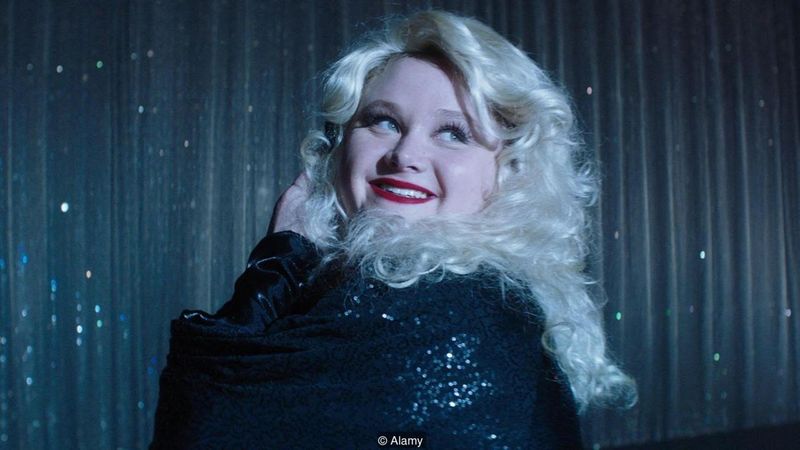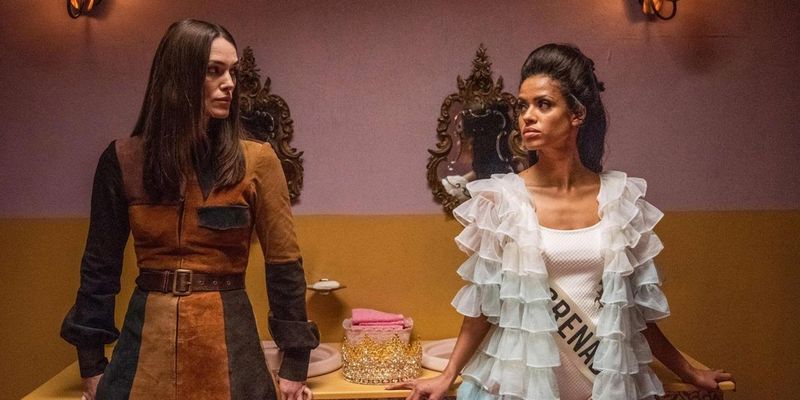Beauty pageants have always been a subject of debate: do they reinforce outdated, patriarchal standards of beauty or do they promote self-confidence? This is one of the key issues raised in the British comedy-drama Misbehaviour.
The film, which premiered in the United Kingdom in March of 2020, follows the events of the 1970 Miss World beauty pageant. It stars Gugu Mbatha-Raw as Miss Grenada Jennifer Hosten — the pageant’s first black winner — and Keira Knightley as Sally Alexander, a feminist activist and a member of the Women’s Liberation Movement who famously protested against the pageant.
The movie dives into topics like intersectional feminism and gender equality through the eyes of the different characters. It also touches on one important question that has divided people for decades: are beauty pageants sexist or empowering?
This is hardly the first time that this question has been explored on the big screen. Filmmakers have been satirizing pageants since the early days of cinema. Films like the 1926 silent picture The American Venus and Smile from 1975 are among those that have pointed out the rampant sexism and hypocrisy in the pageant industry.
On the other hand, films like the 1999 dark comedy Drop Dead Gorgeous and the 2000 comedy-drama Beautiful try to give a more objective view of the industry by acknowledging the reasons why some women join pageants in the first place: it’s a means of escape.

Drop Dead Gorgeous starred Kirsten Dunst as Amber Atkins, a young woman who sees winning a pageant as an opportunity to leave the trailer park she grew up in. Beautiful, meanwhile, tells the story of an ambitious young woman from a troubled home who makes it her goal to win the Miss America Pageant.
Beautiful director Sally Field said in an interview that though she thinks pageants are horrible, she knows that her opinion comes from her position as a privileged and well-educated white woman. She shared that most of the women she spoke to while making the film agreed the pageants were a “way out.”
Film journalist Christina Newland, meanwhile, says that she enjoys films that don’t reject pageants altogether. She prefers those that try to understand why women wish to be a part of it. She also likes the recent trend of pageant films that show women who don’t fit the mold of a typical beauty queen.
Though more recent films like the Oscar-winning Little Miss Sunshine and the 2018 Netflix film Dumplin’ present a more unbiased opinion on pageants, most of them feature a white woman as the main character. There is still a clear bias towards European standards of beauty that needs to be addressed.

Misbehaviour subverts that by having a woman of color as the lead. It also provides one of the most complex depictions of pageants, making it an outlier compared to the pageant films that preceded it. Though the movie points out how women shouldn’t be herded and judged for validation, it understands that people deserve to be celebrated, regardless of the way they look or the color of their skin.
Beauty pageants have certainly come a long way. Women, for the most part, are no longer judged purely on their looks. More emphasis is now given to intelligence and talent. Movies that depict pageants have also evolved, and will continue to do so to reflect women’s experiences and struggles. As long as pageants continue to be socially relevant, so too will the films that explore them.

